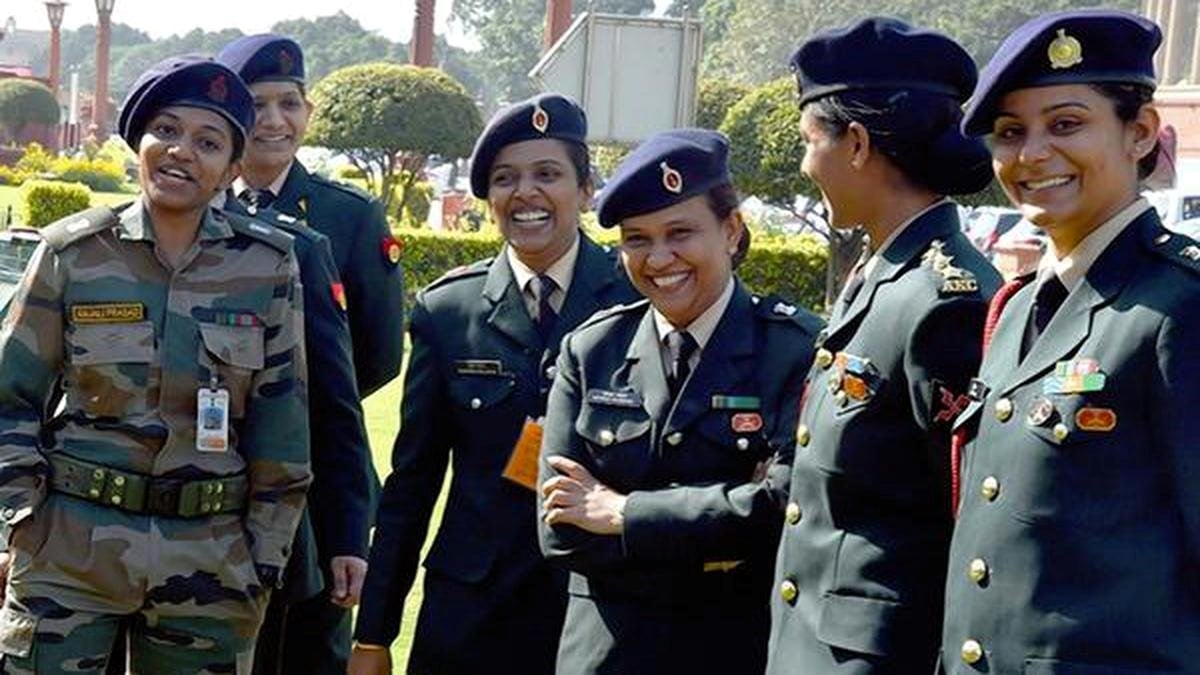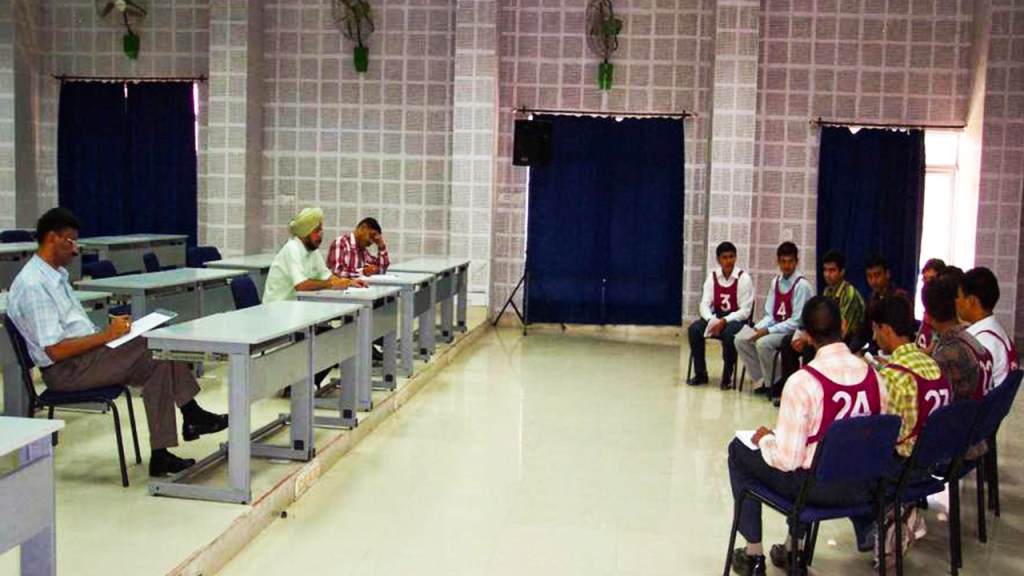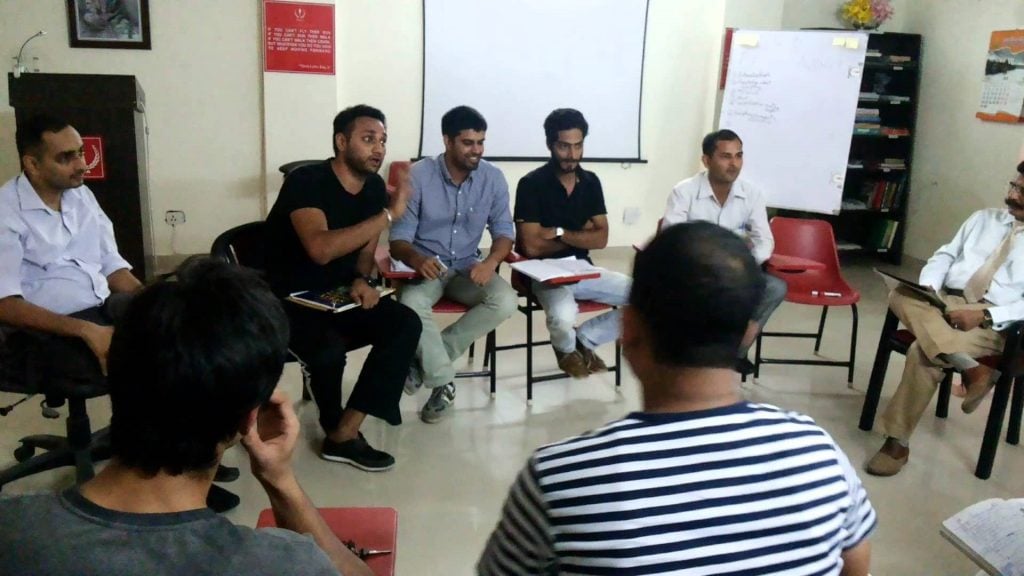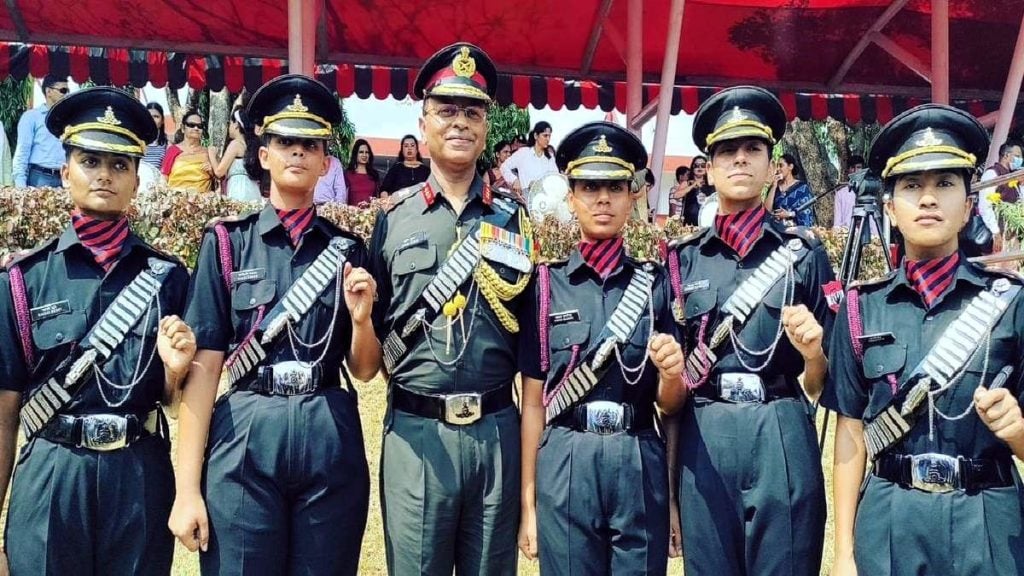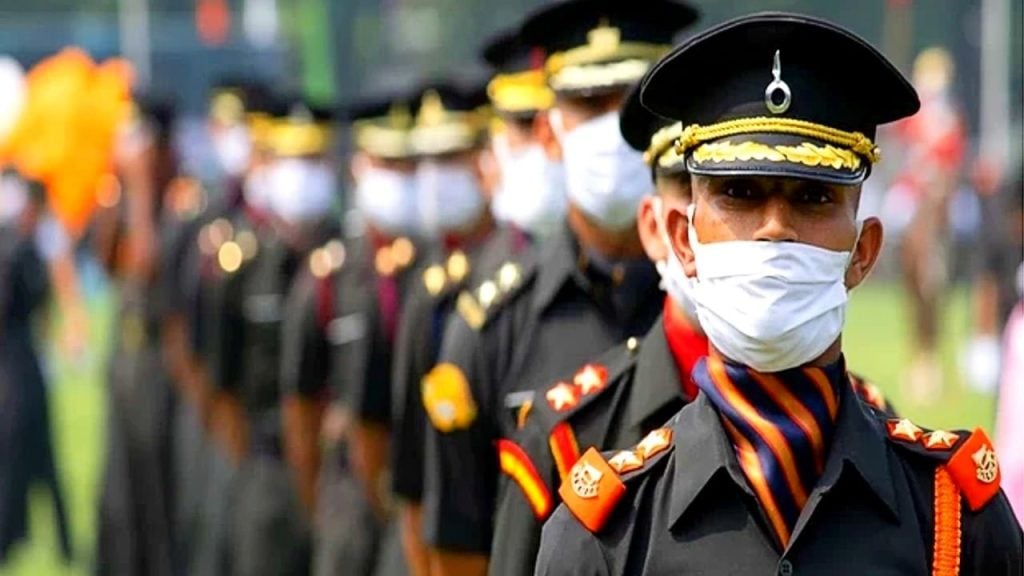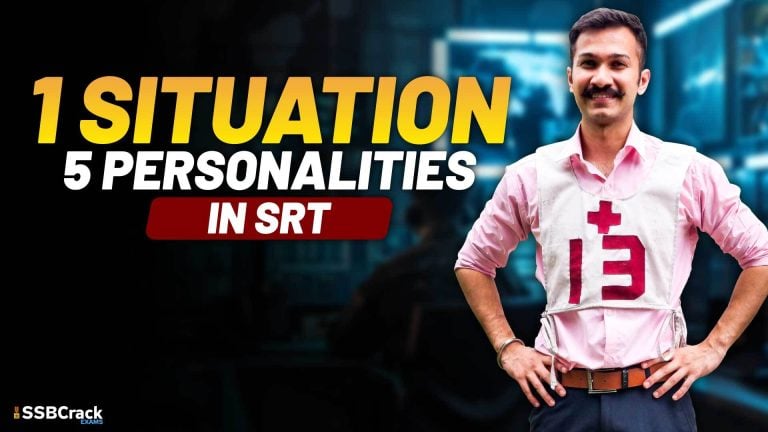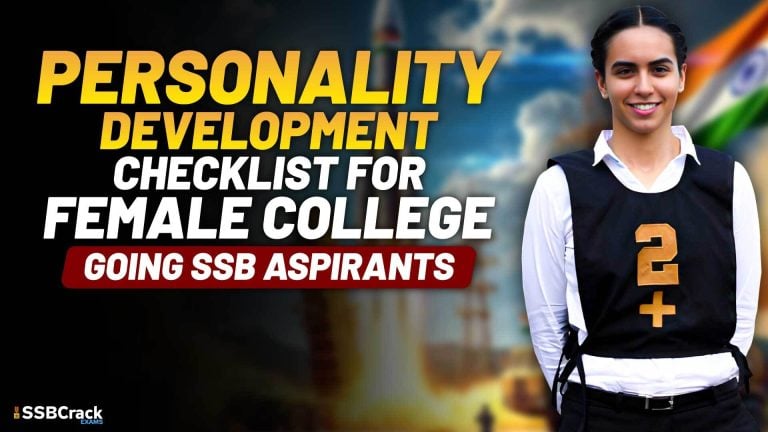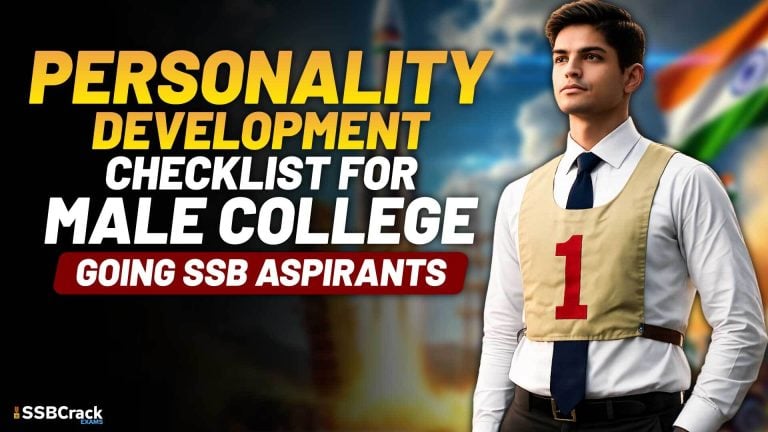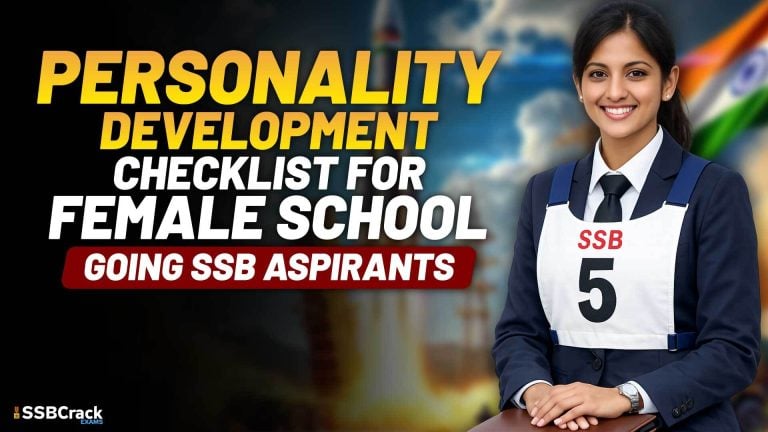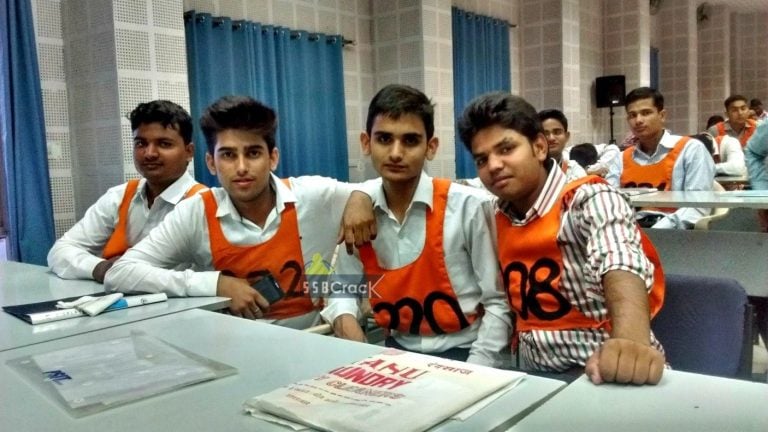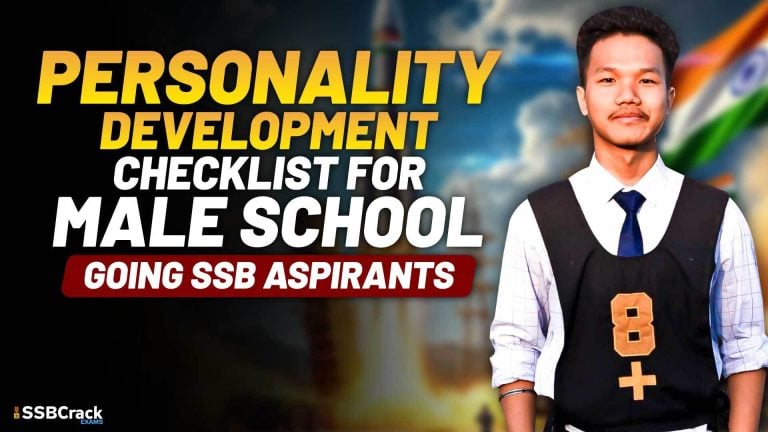Navigating a personal interview, especially for defense services, can be a daunting task. Candidates often find themselves grappling with a wide array of questions designed to assess their suitability for a career in the armed forces.
Understanding the most frequently asked Personal Interview Questions can significantly enhance your preparation and boost your confidence. Below, we explore the top nine personal interview questions you should be well-acquainted with, along with strategies to formulate effective responses.
1. Understanding Your Role at Home
Your Contribution at Home
One of the most common questions that candidates encounter revolves around their contributions to household responsibilities. Interviewers seek to understand your role within your family and how you engage with domestic tasks.
- Be Honest and Specific: Discuss your involvement in activities like assisting with chores, managing bills, or supporting family members.
- Prepare for Follow-Up Questions: Be ready to elaborate on your responses, as interviewers may probe deeper into your experiences.
Insights on Family Dynamics
Your family background often plays a crucial role in shaping your personality. Interviewers may inquire about your family members and their influence on your life choices.
- Describe Your Family: Share insights about your family structure, highlighting positive attributes and the support you receive.
- Discuss Relationships: Be open about your relationships with family members and how they have shaped your values and aspirations.
Also Read | How to Crack NDA SSB Interview
2. Academic Performance Fluctuations
Addressing Academic Records
A common question revolves around the fluctuations in your academic performance. Interviewers are keen to understand the reasons behind any inconsistencies in your grades throughout your educational journey.
- Be Transparent: If your grades dropped or improved significantly, provide a clear explanation. Whether it was due to personal challenges, changes in study habits, or external factors, honesty is key.
- Focus on Growth: Highlight how you learned from those experiences and what steps you took to improve your academic performance.
Reflections on Learning
Your academic journey reflects your ability to learn and adapt. Be prepared to discuss the lessons you’ve learned from both successes and setbacks.
- Discuss Strategies: Talk about the study techniques or resources you utilized to enhance your understanding and performance.
- Show Resilience: Emphasize your determination to overcome challenges and your commitment to continuous improvement.
3. Friendships and Social Circles
Describing Your Friendships
Interviewers often explore your social interactions to gauge your interpersonal skills and values. Expect questions about your friends and the qualities you appreciate in them.
- Highlight Positive Traits: Focus on the attributes of your friends that inspire you, such as loyalty, support, or ambition.
- Discuss Your Role: Share how you contribute to your friendships and the dynamics of your social circle.
Handling Difficult Relationships
Discussing friendships may lead to questions about individuals you find challenging or don’t resonate with.
- Be Diplomatic: When discussing less favorable relationships, maintain a respectful tone and focus on the lessons learned from those experiences.
- Reflect on Growth: Explain how these interactions have contributed to your personal development.
4. Motivation for Joining the Armed Forces
Articulating Your Aspirations
A pivotal question in personal interviews is why you wish to pursue a career in the armed forces. This inquiry seeks to uncover your motivations and commitment to military service.
- Connect Personal Values: Align your motivations with core values such as duty, service, and honor.
- Share Personal Stories: If applicable, mention family ties to the military or experiences that inspired your interest in defense services.
Discussing Career Goals
Interviewers may also ask about your long-term career aspirations within the armed forces.
- Outline Your Vision: Articulate your goals and how you envision contributing to the military.
- Express Commitment: Demonstrate your dedication to serving and growing within the armed forces.
5. Financial Management Skills
Discussing Financial Responsibility
Questions about managing finances, whether it’s your pocket money or salary, are designed to assess your financial literacy and responsibility.
- Explain Your Approach: Share how you budget your money, prioritize expenses, and save for future needs.
- Reflect on Lessons Learned: Discuss any financial challenges you’ve faced and how they have informed your money management skills.
Importance of Financial Literacy
Understanding financial management is crucial, especially in a career that may involve handling resources.
- Highlight Learning Experiences: Mention any courses, workshops, or self-study that have improved your financial acumen.
- Discuss Future Goals: Explain how you plan to apply these skills in your personal life and career.
6. Performance in SSB Tests
Reflecting on SSB Experiences
Interviewers may ask about your performance in various tests during the Service Selection Board (SSB) process to gauge your self-awareness and analytical skills.
- Be Honest About Your Performance: Discuss your strengths and areas for improvement in a balanced manner.
- Highlight Learning Outcomes: Emphasize what you learned from the tests and how they helped you grow.
Discussing Observations and Insights
Your ability to observe and analyze situations is crucial in defense services. Be prepared to discuss how you approached the tests.
- Share Specific Examples: Provide instances where your observations led to successful outcomes or learning experiences.
- Demonstrate Analytical Thinking: Explain your thought process during the tests and how it reflects your problem-solving abilities.
7. Activities During SSB
Engaging with Peers
Interviewers often inquire about how you spend your time during breaks or off-testing periods to assess your social skills and teamwork.
- Describe Your Interactions: Talk about how you connect with fellow candidates and engage in group activities.
- Show Enthusiasm: Highlight any initiatives you took to foster camaraderie or support among peers.
Time Management Skills
Your ability to manage time effectively is critical. Be ready to discuss how you balance preparation and relaxation.
- Outline Your Schedule: Share how you organize your time during the SSB process to ensure adequate preparation and rest.
- Reflect on Productivity: Discuss how you maximize your productivity during both testing and downtime.
Also Read | Why NDA Cadets Leave Midway: The Untold Story
8. Self-Reflection and Preparation
Introspection on Previous Attempts
For candidates who have previously attended SSB interviews, questions about past experiences and self-reflection are common.
- Discuss Learning from Failures: If you faced setbacks, explain how they motivated you to improve and prepare differently for future attempts.
- Show Growth Mindset: Emphasize your commitment to self-improvement and the proactive steps you took to enhance your preparation.
Strategies for New Candidates
Fresh candidates may be asked about their preparation methods and resources used in their journey.
- Share Your Resources: Discuss books, courses, or mentors that have guided your preparation.
- Outline Your Study Plan: Explain how you structured your study sessions and practice to optimize your learning.
9. Knowledge About Your Hometown
Discussing Your Roots
Questions about your hometown often aim to assess your awareness of cultural and historical contexts.
- Provide Insightful Details: Share interesting facts about your hometown, including its history, notable figures, and economic significance.
- Highlight Personal Connections: Discuss how your upbringing has shaped your character and aspirations.
Community and Contributions
Interviewers may also inquire about your involvement in your community.
- Talk About Engagement: Share any volunteer work or community service you’ve participated in and its impact on your personal development.
- Reflect on Values: Discuss how these experiences align with the values of service and dedication that are vital in the armed forces.
Also Read | 11 Toughest Questions Asked in NDA SSB Interviews
Conclusion
Preparing for a personal interview in the defense sector requires thorough self-reflection and understanding of common questions. By anticipating these inquiries and formulating thoughtful responses, candidates can present themselves as well-rounded individuals committed to a career in the armed forces. Remember, the key to success lies in authenticity, clarity, and a genuine passion for service.
FAQs
1. What is the best way to prepare for personal interview questions?
Practice answering common questions, engage in mock interviews, and reflect on your experiences to enhance your confidence.
2. How can I effectively communicate my motivations for joining the armed forces?
Connect your personal values and experiences to the principles of military service, highlighting your commitment and aspirations.
3. What should I do if I have academic fluctuations in my records?
Be honest about the reasons behind any changes and focus on how you learned from those experiences to improve in the future.
4. How can I manage my time effectively during the SSB process?
Create a structured schedule that balances preparation with relaxation, ensuring you maximize your productivity during both testing and downtime.
